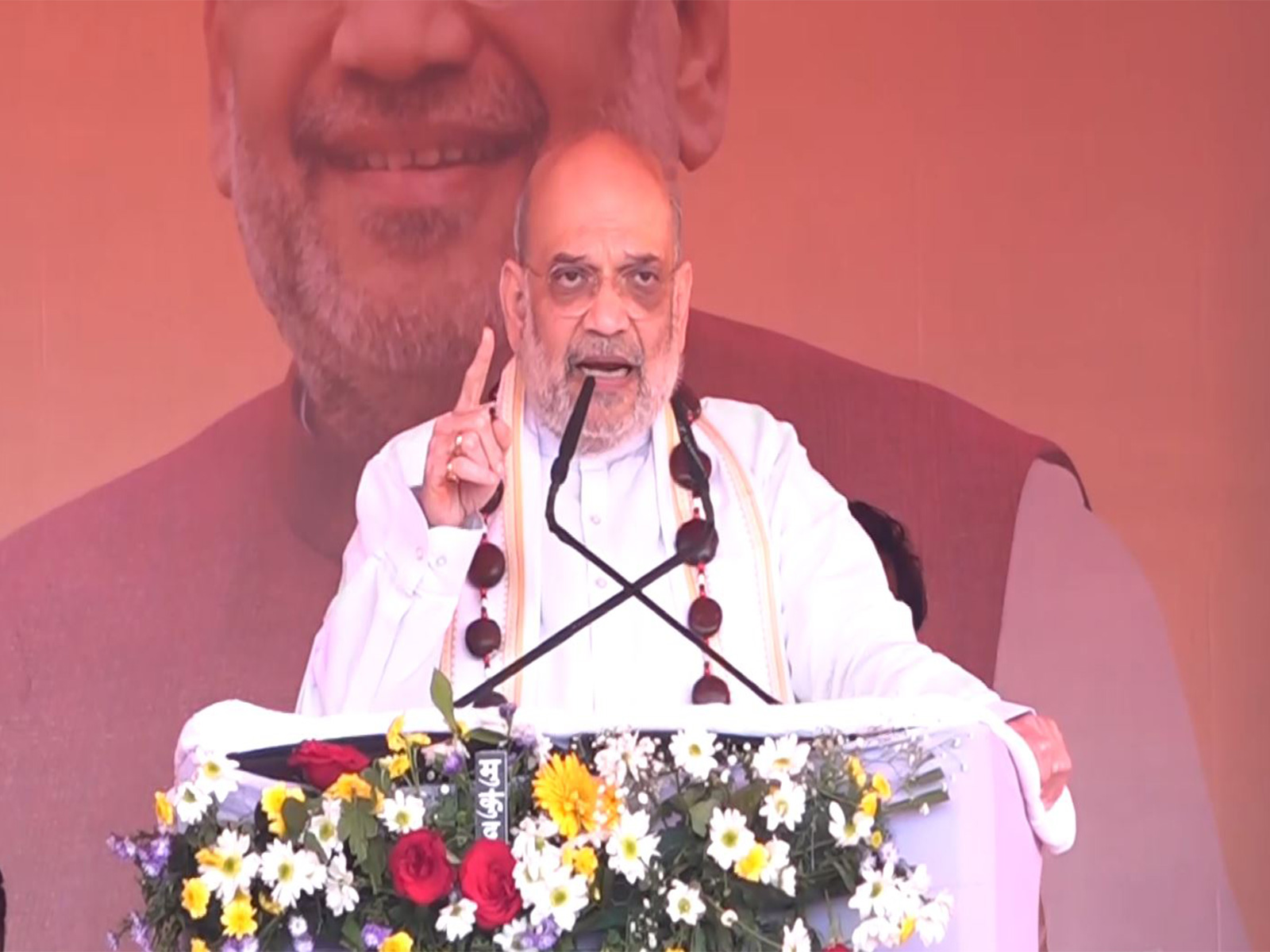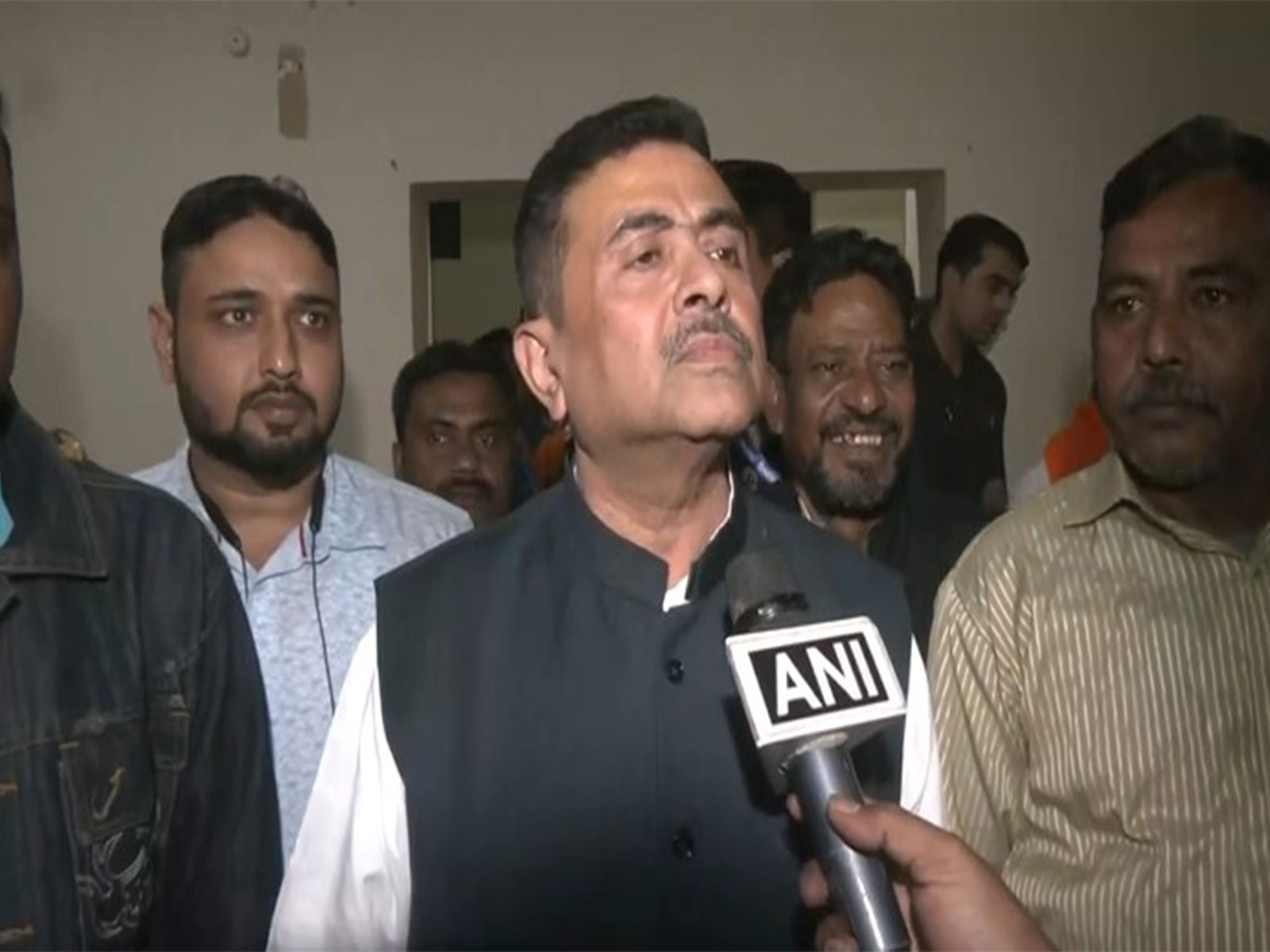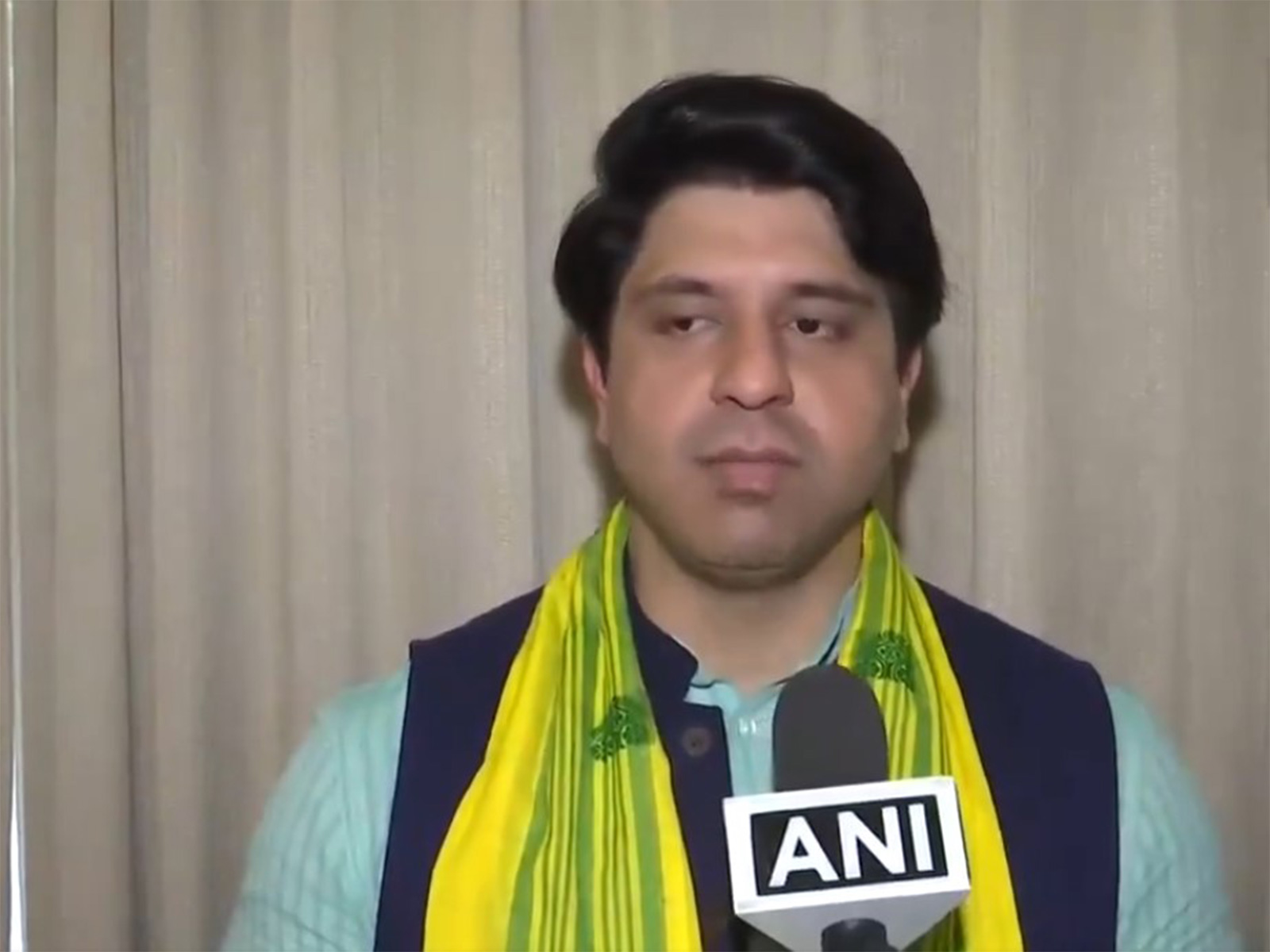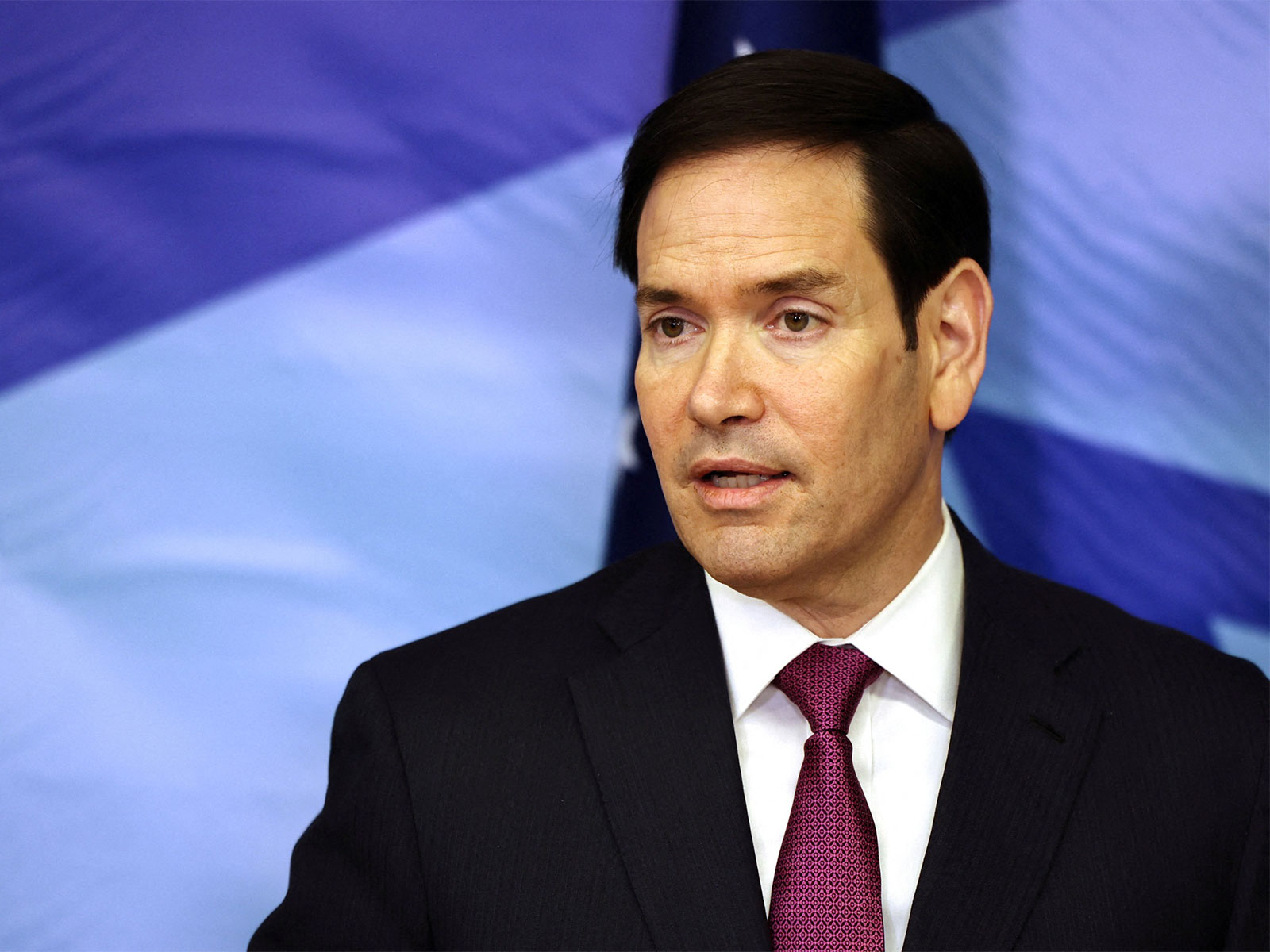Immunization coverage in India for DPT1 and DPT 2 vaccines better than listed nations
Jul 16, 2024

By Shalini Bhardwaj
New Delhi [India], July 16 : The World Health Organization (WHO) and United Nations International Children's Emergency Fund (UNICEF) reported on Monday that India had 16 lakh unvaccinated children in 2023, which is the second-highest number worldwide. Nigeria has the highest number.
However, sources to ANI said, "Even though India has the second highest zero dose children in the world, these account for 0.11 pc of our total population. All efforts are being made to reach these zero-dose children. A special Zero Dose Plan has been made and it is under implementation. India is steadfast in its commitment to reduce the zero dose children."
The sources further explained, "The population size of India is multiple times bigger than each of these countries with which there is comparison. Despite this, as per the WUNIC (WHO/UNICEF) estimates, the immunization coverage of India for both DPT1 and DPT 2 is much better than in every country on the list. The DPT1 coverage of India is 93% while the DPT1 coverage of all other countries is less than 90%. Similarly, DPT3 coverage of India is 91% while the DPT1 coverage of all other countries (except Indonesia) has a coverage of less than 80%."
India's DPT3 (proxy for under-vaccinated) is 91 per cent whereas the global average is 84 per cent. Thus, India is 7 per cent better than the world and India's MCV1 (Measles Zero dose) is 92 per cent whereas the global average is 83 per cent. Thus India is 10 per cent better than the world.
WHO South East Asia Regional Director has called for urgent and accelerated action on increasing vaccination. "The increasing numbers of unvaccinated and under-vaccinated children calls for urgent and accelerated action. We need to identify where and why these children are missed and prioritize reaching them at the earliest. No child should fall sick or die of any vaccine-preventable disease when safe and effective vaccines exist to protect them against these deadly diseases," said Saima Wazed, Regional Director of WHO South-East Asia.
"WHO remains committed to supporting countries in their efforts to increase immunization coverage to ensure every person has access to vaccines for their well-being and health," the Regional Director added.

















